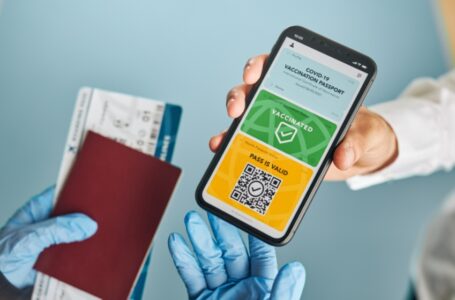Low-cost Diagnostic Test Developed By Australian Scientists For COVID-19

Researchers from the Baylor College of Medicine in the US and the University of Western Australia have collaborated to develop a rapid diagnostic test for COVID-19. This test makes use of genome sequencing to explore mutations in the different strains of the Coronavirus, aid the development of a vaccine, and see its impact on the global population. The Coronavirus outbreak is a pandemic, and to be able to test COVID-19 at the diagnostic level will save a significant amount of time and other resources. The rapid test can help curb the spread of the virus.
The Whole Genome Sequencing technique used in the new test produces a more detailed report as compared to the existing conventional COVID-19 tests. According to Dr Parwinder Kaur, faculty of science UWA and Australian project lead, human beings have to make peace with animals that might transmit other diseases like COVID-19. Having a clear idea of the genetic makeup and behaviour of such diseases will come in handy in the future treatment of pandemics.
The new rapid test can process the results within two minutes when used in high-performance computing software. Dr Parwinder Kaur adds that this test is more cost-efficient when compared to the existing qPCR tests and can process a significant number of samples every day. The main benefit of the test, Dr Kaur believes, is the ability to identify possible drug targets and aid in the development of a vaccine for the virus. The test can also monitor COVID-19 through plants treating wastewater to track its spread.
Why Is This Test Needed?

The Reverse-Transcriptase Polymerase Chain Reaction test is most commonly used for testing COVID-19. This test can confirm if somebody has been infected with the SARS-CoV-2 virus and gives a “negative” or a “positive” result. The new test, says Dr Kaur, has been developed using the DNA Zoo project. This project can help researchers across the globe to analyse DNA from various species, and if FDA approves of it, it can be used for understanding the behaviour of the virus in depth.
How Is The Rapid Test Different?
Brian St Hilaire, the first author of the research study, said that the new rapid test is more detail-oriented than the regular Reverse-Transcriptase Polymerase Chain Reaction test. The rapid test provides complex genetic data about the virus and its behaviour instead of a simple “negative” or a “positive” result. In the face of the ongoing pandemic, the global healthcare system has faced several hardships and are trying to overcome them.
To control any disease says Brian St Hilaire, detailed diagnostic testing is a must. The characteristics of the Coronavirus are yet to be determined, and this rapid test will help researchers gain an idea of it. Tracking mutations and analysing the difference in genetic coding in samples will help make a vaccine for the Coronavirus. The test is a glimmer of hope in understanding the way COVID-19 is transmitted and may lead to solutions to the disease.







